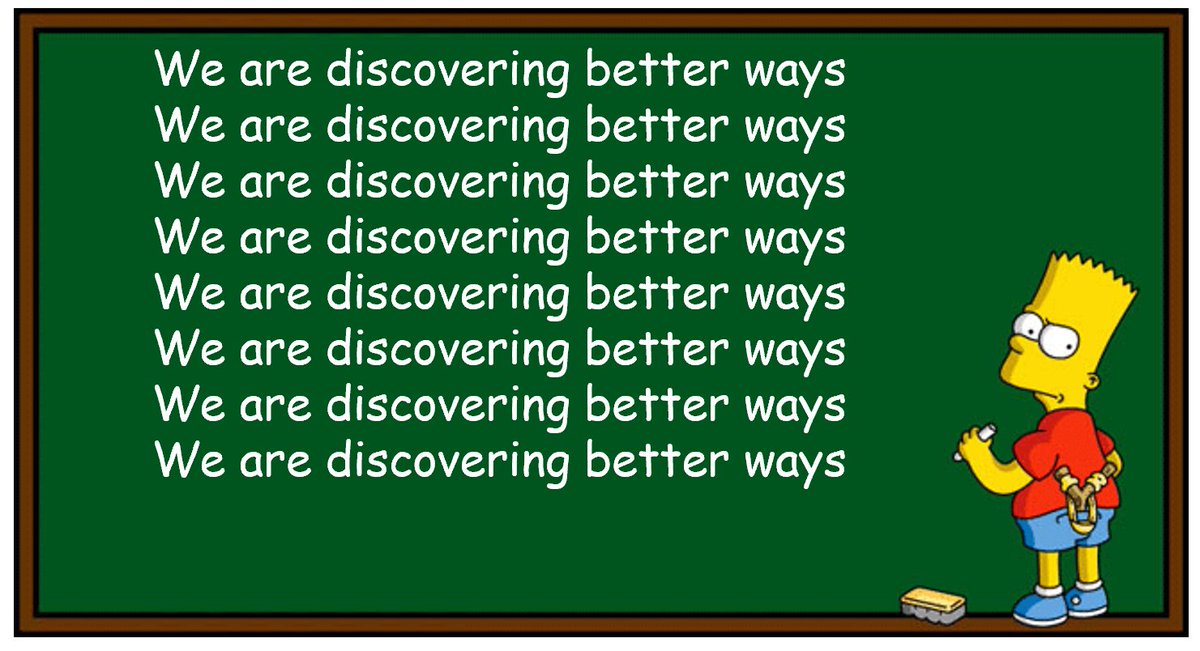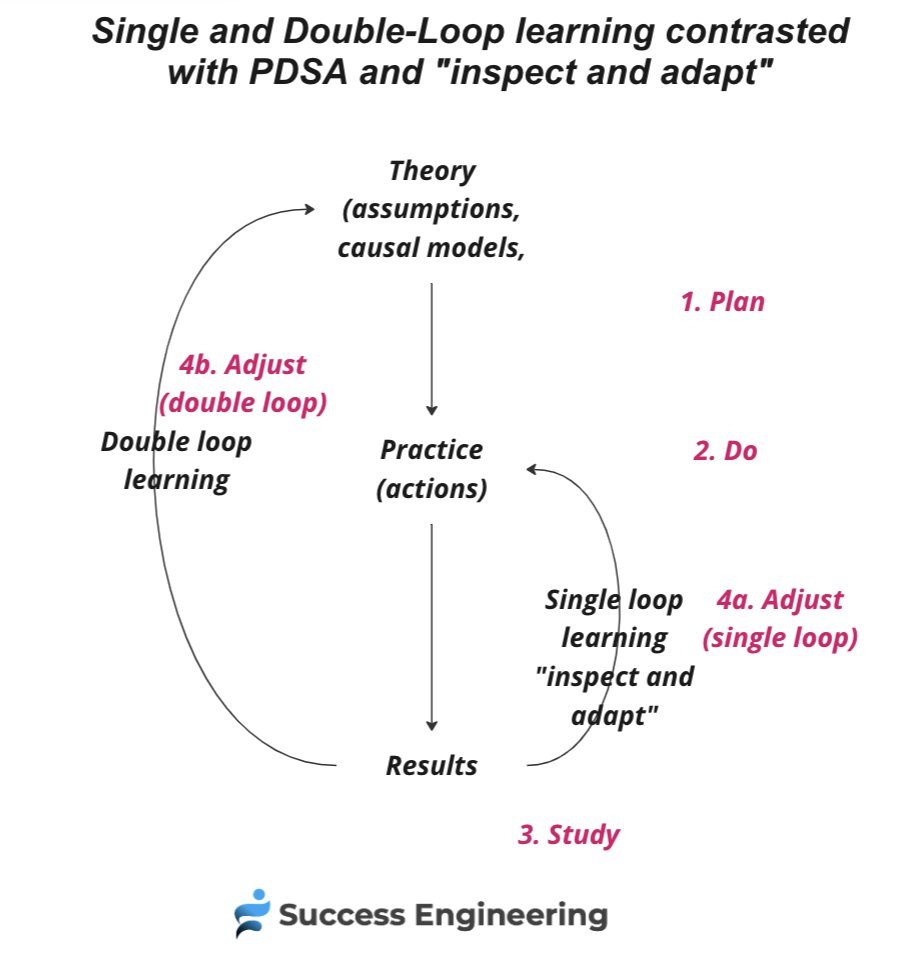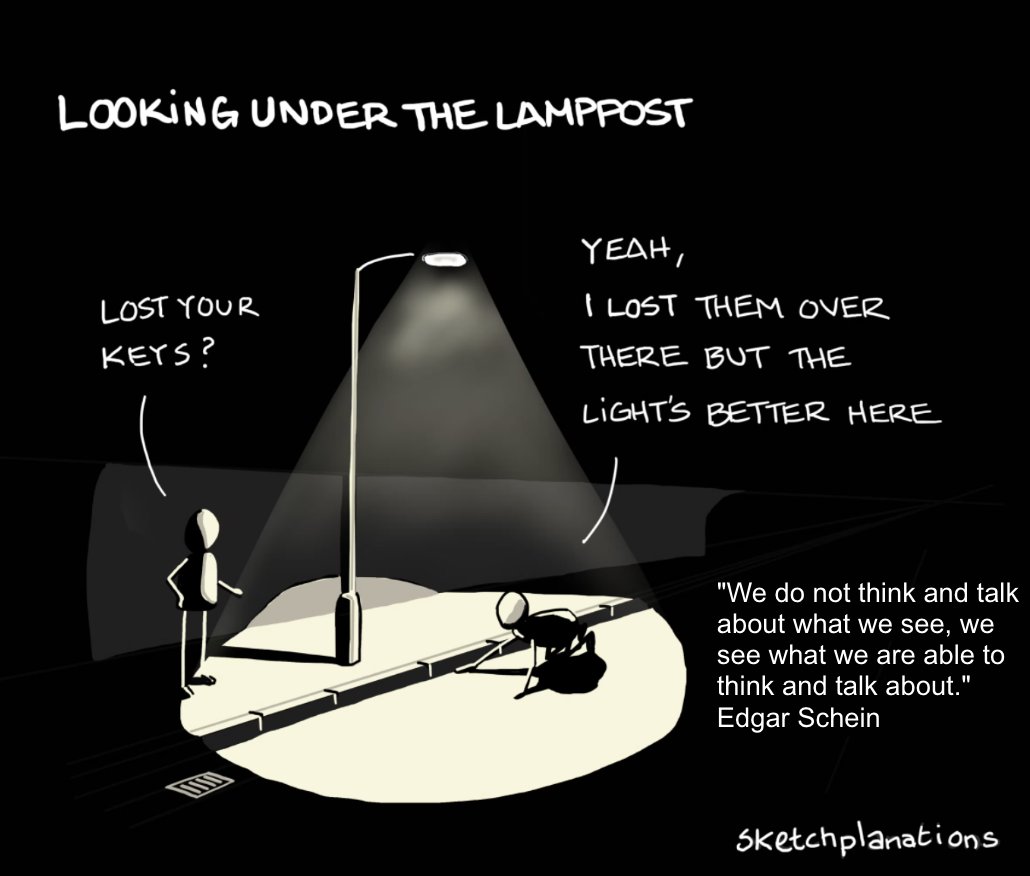@JoshBurdick72 @PavelASamsonov which is part of why visibility is so important. and maybe, dare I say it, it might be useful to have a manager at a daily standup hearing "I'm blocked because I don't get enough time with a PO" Oh, but we can't do that - it'd be horrible.
@JoshBurdick72 @PavelASamsonov what would have more impact to a manager?
1-hearing 3rd hand-via SM-that a team's having troubles or
2-seeing 1st hand a team is having troubles
this whole keep the manager out of the daily standup is an acccommodation to the fact that Scrum takes a negative attitude to managers
1-hearing 3rd hand-via SM-that a team's having troubles or
2-seeing 1st hand a team is having troubles
this whole keep the manager out of the daily standup is an acccommodation to the fact that Scrum takes a negative attitude to managers
@JoshBurdick72 @PavelASamsonov i'm not saying managers should be there either. I'm saying you have to do what works. and you can't prescribe that.
@JoshBurdick72 @PavelASamsonov i know it's an odd thought, but perhaps an agile approach should be agile itself.
Immutable is a virtual antonym of Agile.
Immutable is a virtual antonym of Agile.
@JoshBurdick72 @PavelASamsonov much of this is because we think simple results from taking away. It isn't. When you take away you often get to simplistic. Simple is achieved by starting from scratch, adding until you have sufficiency. And finding an easy way to have more when you need it.
@JoshBurdick72 @PavelASamsonov when you don't have theory you need to have immutable practices to force behavior changes.
• • •
Missing some Tweet in this thread? You can try to
force a refresh














